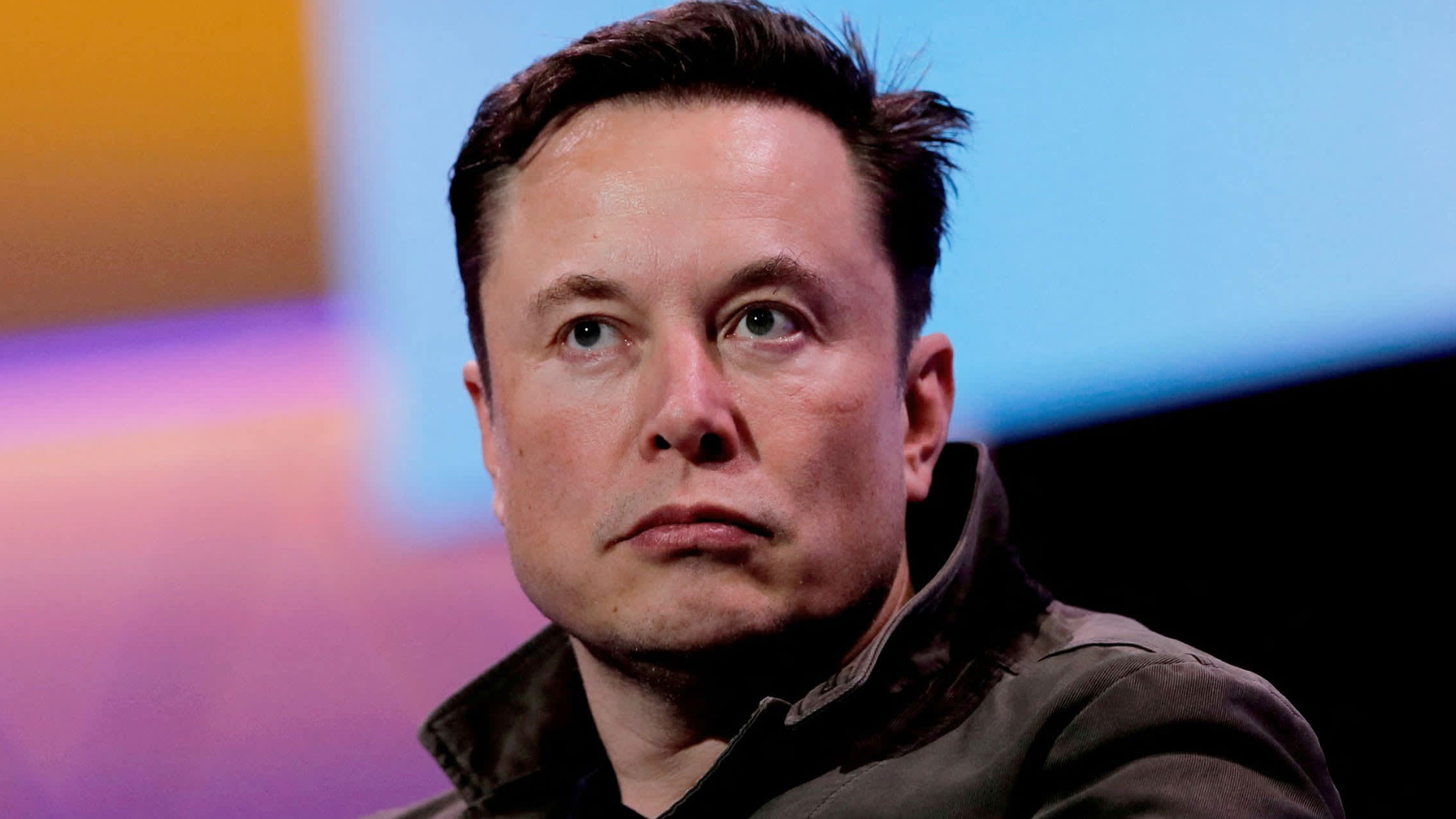On New Year’s Day, tragedy struck when a decorated special forces soldier, Matthew Livelsberger, died in an apparent suicide bombing outside the Trump Hotel in Las Vegas. Livelsberger, 37, drove a Tesla Cybertruck packed with fireworks and fuel tanks, which exploded outside the hotel, injuring seven people. Thankfully, the blast caused minimal damage, and the explosion was contained by the vehicle’s steel sides.
Authorities have confirmed that Livelsberger left behind a note explaining that the attack was not a terrorist act but rather a “wake-up call,” expressing frustration with the public’s apathy towards violence. He claimed Americans only responded to spectacle and violence. Livelsberger’s recent communication with an ex-girlfriend and his involvement in military technology projects, including drones, pointed to a man struggling with deep personal issues.
Livelsberger had recently returned from a tour in the Middle East, and his behavior had changed dramatically after a traumatic brain injury in 2019. His ex-girlfriend revealed that the man who once wore his patriotism proudly became isolated and depressive, feeling unable to seek treatment within the special forces due to the stigma surrounding mental health.
While the explosion’s location outside a Trump-branded hotel and the use of a Tesla Cybertruck sparked speculation about political motives, investigators are focusing on Livelsberger’s personal life and possible unresolved trauma. His wife had recently broken up with him, and the devastating culmination of personal and professional turmoil seems to have played a significant role in his tragic act.
As authorities continue to probe the circumstances surrounding his death, the incident raises pressing questions about the toll of mental health issues on veterans, especially those who serve in high-stress military roles.
ALSO READ: Coldplay Music Leak: Dark Web Hacker Receives Suspended Sentence



















